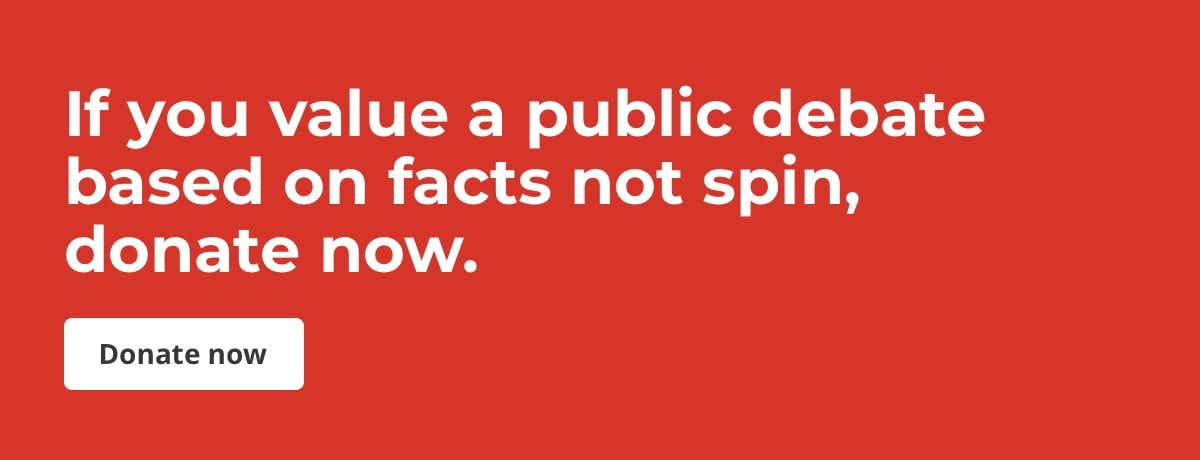Clean information is as vital to democracy as clean water is to health
- Written by Misha Ketchell, Editor, The Conversation
With just a few days to go until polling day it’s a good time to reflect on what the campaign has taught us about how democracy works in this country.
The first thing to note is that only the tiniest sliver of politics happens face-to-face, which means that overwhelmingly what we think we know about politics we know through media: print and digital publications, television, radio, and increasingly social media.
The second is that as a source of reliable information on which to make informed decisions, both traditional media and social media are pretty lousy, each in their own way.
The third is that with notable exception of News Corp, which in this campaign twisted its coverage so badly some of its most highly regarded journalists started to speak out, the problem mostly isn’t about bias to one side of politics or another.
Print media is flawed because its business model is broken, and in its desperate effort to attract attention its bias toward drama and conflict is all-consuming. The Daily Telegraph’s front page attack on Bill Shorten’s comments about his mother was telling, not for its cruelty but for what it said about that newspaper’s insatiable hunger for gotcha journalism. When the combatants can’t or won’t provide a rough approximation of reality-TV entertainment, it has long been a standard modus operandi to get creative.
Television is also a flawed medium for conveying reliable information in detail. TV news is dominated by images, which during a campaign are tightly controlled by political operatives. TV panel shows are often fact-free and full of hot air. Social media is full of anger, fake news, misinformation and outright lies, an information wild-west without a Sheriff in sight. Radio can handle some detail, but it too is often a theatre of conflict as entertainment.
The big public broadcasters such as the ABC and SBS, as well as many smaller players, do take their responsibility to inform seriously. And while our serious newspapers often have some very good analysis from press gallery journalists, too often they have too much coverage skewed towards personalities, intrigue and the horse race of politics. Not to mention the fact you have to flick through a few pages of incomprehensible Clive Palmer ads to get to the stories.
When was the last time you picked up a newspaper and saw a tight and neutral summary of the actual details of competing policies, produced with the sole purpose of helping you make up your own mind? As this campaign draws to a close do you really understand the difference between the climate change policies of the Coalition and Labor? Or the health policies? Or education? (Have a think, and check them against The Conversation’s major party policy comparison.)
The media is how we know what we know, but too often this is a case of garbage in, garbage out. This is where The Conversation aims to make a difference. We only work with academics who are experts in their field, and our only agenda is to inform.
During this election campaign our focus has been to explain the big challenges we face as a country and the competing policies to address them. For analysis we’ve turned to some 80+ recognised experts, spearheaded by Michelle Grattan, Australia’s most scrupulously-fair and respected political journalist, now a professorial fellow at the University of Canberra. We’ve aimed to explain everything from preferential voting to franking credits. And we also work hard to focus on the policy ideas that will serve us best. We have compared policies on climate, health and arts, just to name a few.
We’re certainly not perfect, like everyone else in the media we make mistakes, and our coverage is always a work in progress. But as you go to cast your vote ask yourself if the mainstream media in this country has given you enough good information to help you make your decision.
If the answer is no, please support The Conversation with a donation, and make a contribution to a better informed public discourse.
Authors: Misha Ketchell, Editor, The Conversation




















